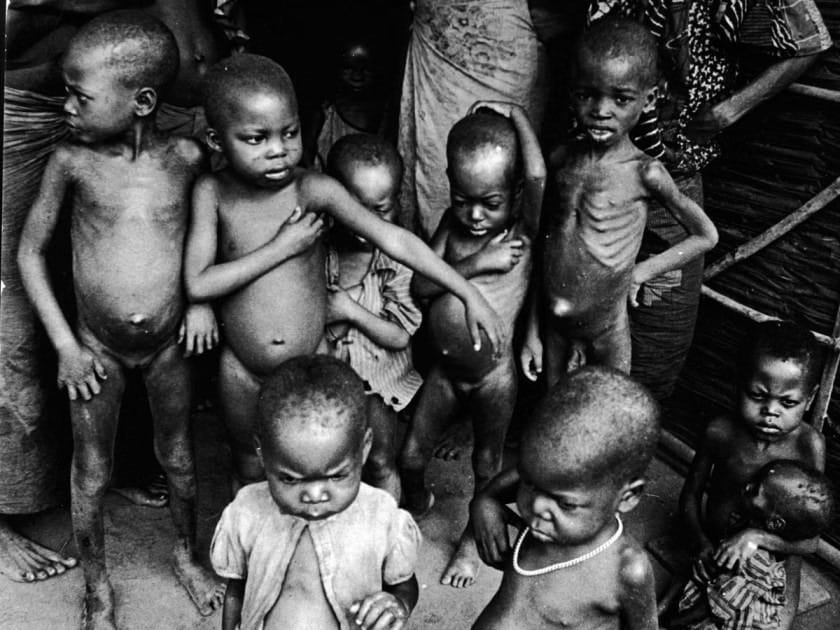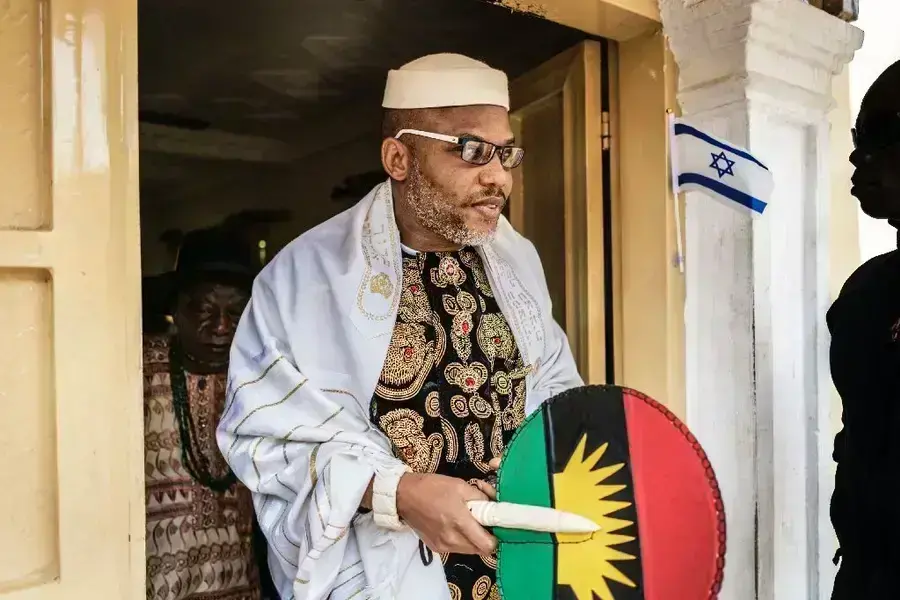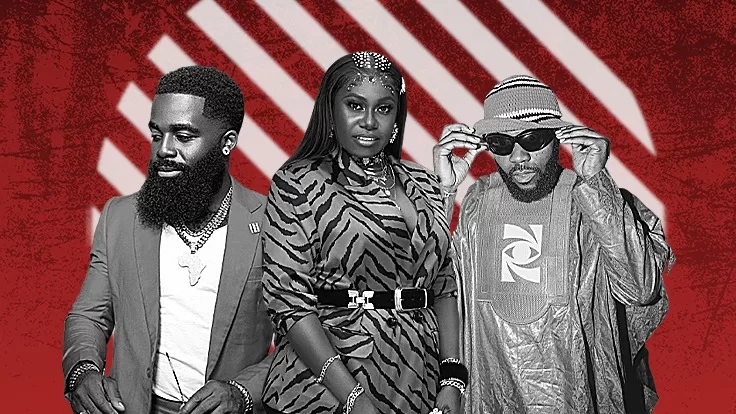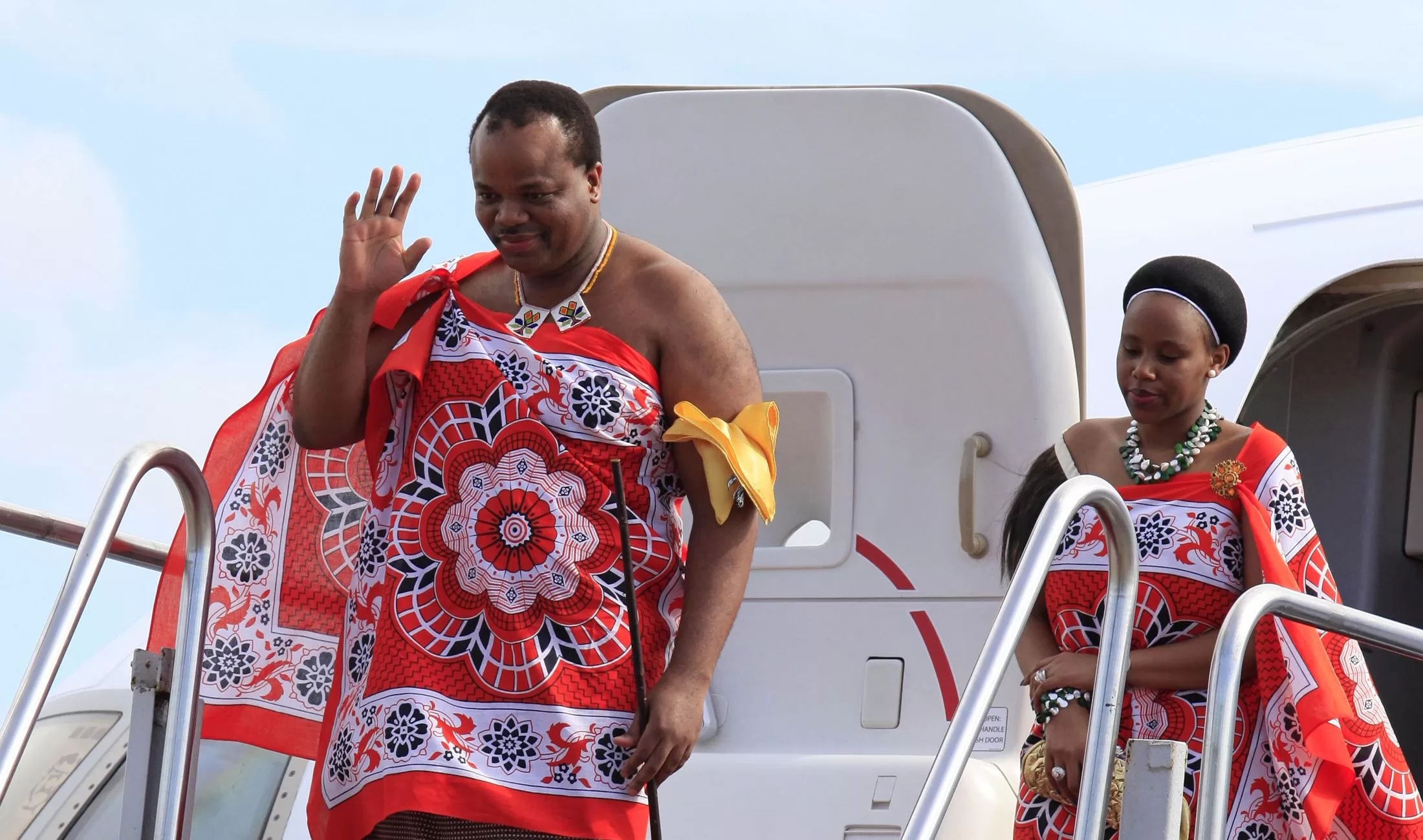Half a century has passed since the end of the Nigeria-Biafra War, yet its legacy continues to resonate deeply within Nigeria and among the Igbo diaspora. The war, which erupted following the secession of Nigeria’s southeastern region as the Republic of Biafra, remains a profoundly sensitive and polarising chapter in Nigerian history. The conflict’s roots, its devastating impact, and the enduring aftermath have shaped the nation’s political landscape and collective memory.
The Roots of the Nigeria-Biafra War
The Nigeria-Biafra War started with political and ethnic worries, that Nigeria experienced in the years after its independence from the United Kingdom in 1960. The country was divided into three regions, each dominated by one of the major ethnic groups: the Hausa-Fulani in the north, the Yoruba in the southwest, and the Igbo in the southeast. However, widespread disillusionment with the government, perceived as corrupt and incapable of maintaining law and order, set the stage for conflict.
In January 1966, a military coup led to the assassination of Nigeria’s first prime minister, Alhaji Abubakar Tafawa Balewa, and several northern politicians. The coup, which involved several Igbo officers, was interpreted by many in the north as an attempt to subjugate their region. The subsequent counter-coup in July 1966, which resulted in the assassination of the Igbo military leader Major General Johnson Aguiyi-Ironsi, further deepened ethnic divisions. Amid these upheavals, pogroms against Igbo people in northern Nigeria led to the deaths of approximately 30,000 Igbos and the displacement of about one million more.
The Declaration of Biafra
In response to the atrocities and the perceived failure of the Nigerian government to protect the Igbo people, Colonel Emeka Odumegwu Ojukwu declared the southeastern region an independent Republic of Biafra on May 30, 1967. The secession sparked a brutal civil war that lasted for two and a half years, resulting in widespread devastation and a catastrophic humanitarian crisis.
The Course of the Biafra War
The Nigeria-Biafra War was marked by intense fighting, blockades, and a severe famine in Biafra. The Nigerian government imposed a land and sea blockade that led to widespread starvation, which claimed more lives than the combat itself. The conflict saw the deployment of various weapons, including the ogbunigwe, an indigenous bomb developed by Biafran engineers. Despite receiving some international recognition and support, Biafra was ultimately defeated in January 1970, and the region was reintegrated into Nigeria.
The Aftermath and Erasure

After the war, Nigeria’s military head of state, General Yakubu Gowon, pledged “no victor, no vanquished. ” For Biafrans, this was quickly forgotten, and since the end of the war, Biafrans have been subjected to reprisals, continued economic marginalisation, and the erasing of their memories of the war from official records. The Nigerian government provided its version of history, which excluded the horrors of the war, otherwise, it emphasised the unity of the country. This distortion of history was evident in the curriculum, where educationists downplayed or, in some cases misrepresented the conflict.
The Revival of Biafran Activism
In the decades following the Biafra War, Biafran activism was largely suppressed by successive military regimes. However, the return to civilian rule in 1999 provided a new space for political expression. He went further to mention that new Biafran movements, such as MASSOB and IPOB, appeared to demand the self-determination and rights of the Igbo people. These movements, due to perceived regional imbalance, underdevelopment, and marginalisation, have received a lot of support both in Nigeria and among the Igbo people in the diaspora.
Nnamdi Kanu and Modern-Day Biafran Movement

Nnamdi Kanu, the founder of IPOB, is a significant figure in contemporary Biafran activism. Kanu, a DJ-turned-activist, leveraged the power of social media and digital radio to mobilise supporters from his base in South London. His platform, Radio Biafra, became a crucial tool in spreading the neo-Biafran message, highlighting the movement’s grievances and aspirations. Kanu’s rhetoric and leadership have galvanised many young Igbos, both in Nigeria and the diaspora, who feel disenfranchised and marginalised.
The contemporary Biafran movement differs significantly from its predecessor. While the original secessionist movement was rooted in territorial independence, modern Biafran activism often transcends geographical boundaries. It is characterised by a strong online presence, with leaders like Nnamdi Kanu of IPOB using social media and digital radio to mobilise supporters. The movement’s goals vary, ranging from the establishment of a territorial state to more abstract concepts like a diasporic nation or a perpetual government in exile.
Challenges and Controversies
The revival of Biafran activism has not been without its challenges and controversies. The Nigerian government’s response has been a mix of suppression and engagement. In September 2017, the Nigerian military launched Operation Python Dance II, ostensibly to curb kidnapping in the eastern states but widely seen as an effort to suppress Biafran agitation. The operation resulted in clashes between security forces and IPOB members, leading to numerous casualties and heightened tensions.
In 2020, IPOB created a minesweeping group called the Eastern Security Network (ESN), which the Nigerian government saw as an extension of the movement with an armed wing. This led to a rise in violence, with the military launching attacks against the ESN in January 2021. The Nigerian government also proscribed IPOB, which has been widely criticised and met with debate from human rights organisations and other international actors.
The Role of the Igbo Diaspora
In contrast to the past, where agitation for Biafra was primarily done on the streets, most of it happens virtually in the present day. Sandbox’s main activists effectively use digital radio and act from places like Houston and Tel Aviv, rather than Nigerian cities such as Onitsha and Aba, where local support is located.
The most notable of these is IPOB’s leader, Nnamdi Kanu, a former DJ turned secessionist who operated an online broadcasting station known as Radio Biafra from his apartment in South London. It is still very significant to note that Biafran activism is synonymous with social media. It thrives on Facebook groups associated with the diaspora that speak more Spanish or German than English or Igbo, although recently even Kanu garnered an expulsion threat from Facebook based on hate speech. This reveals something important about the movement: It thrives in conditions of exile. This is the case because Biafran activists can be more active in Europe and North America than they are in Nigeria since they are easily unnoticed. And here, one should mention that the very internationality of the movement also speaks for itself. That Biafran idea has gotten most, Igbos outside Nigeria intrigued since the end of that war. It is therefore the post-war generations who never had to confront life in post-Biafran Nigeria who continue to cling to this dream the most.
Future Prospects
The future of the Biafran movement remains unknown. Despite its marked success in focusing on the plight of the Igbo people and issues of marginalisation and injustice, it still remains to be seen whether other goals of the novel will be accomplished. There are various levels of challenges, like internal diversity, a non-compromising approach by the Nigerian government, and the complicated geopolitics of Africa.
What is evident, however, is the fact that the agitation for Biafra has returned to Nigerian politics and may likely stay there. Biafra has played a central role in how many Igbos, especially those from the diaspora and those resident in Nigeria, make sense of their political reality. It is an index in many forms of discontent. It covers issues such as unemployment, alienation, underdevelopment, crime, and terrorism; an area where Nigerians have suffered significantly in the last decade. Biafra can be anything, and the more time passes, the fewer people have anything to do with the sad history of the Republic of Biafra. Activists have attempted to re-imagine modalities of existence as a political entity for the Neo-Biafran society. It will be interesting to see what they come up with next.
Conclusion
The Nigeria-Biafra War continues to be a significant formative factor in Nigeria, with long-standing ramifications for its polity. This implies that ethnic tension, complaints, or even prejudice still have an enormous influence on the political system of Nigeria as a result of the war.
The quest for an identity, given that Japan struggled to come to terms with its wartime past and the impact this process has had on the country, grows more pressing with time. Only in such a manner is Nigeria capable of even beginning the process of coming to terms with its bitter past, let alone begin trying to construct an even footing that may grade as a future.














